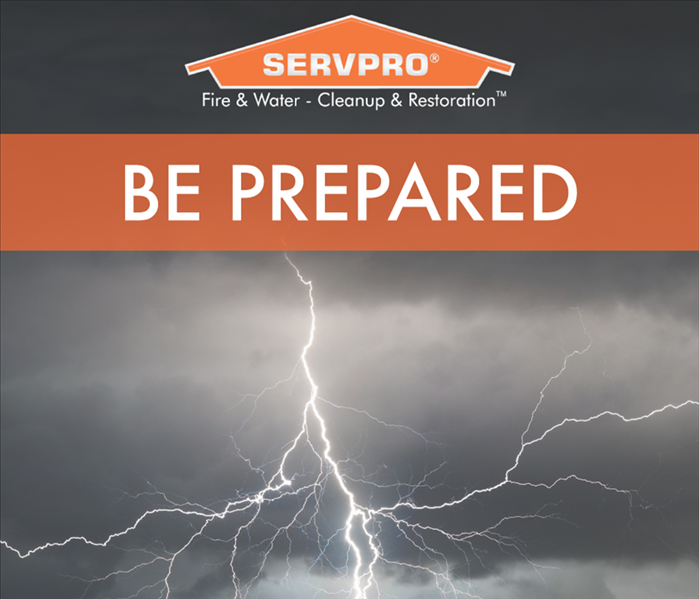Storm Safety: Apartment Edition
4/16/2021 (Permalink)
New Yorkers, the only wrong time to prepare for a hurricane is when it’s too late. If you live near the coast, hurricanes are an ever-present danger. Knowing how and what to prepare for a hurricane can save your life and your belongings.
The Atlantic hurricane season lasts from June 1st to November 30th. Stay prepared with our best tips and practices for Storm Safety here in the big apple.
Prepare Online
Do your research and prepare for a storm by compiling a list of organizations and websites with critical information that can assist you in the long run.
1. Bookmark the page(s) on your power company’s website where outage maps and updates are posted if the power goes out. Sign up for the company’s emergency email alerts (if they offer them) to stay in the know.
2. Install FEMA’s app. If your power company has an app, install that, too.
3. Photograph your items. In the event of catastrophic damage following an evacuation, photographs make filing an insurance claim easier. Store the photos online using a service such as Dropbox or Google Docs.
4. Review your renters insurance policy for natural disaster protection. Then, scan your policy documents and store the file online with your photos.
5. Research the most convenient evacuation centers in your area and the traffic routes you’d take to reach them. If your apartment is in an evacuation zone and you receive an evacuation order, it is in your best interest to follow it rather than waiting the storm out.
Prepare Inside Your Apartment
While storms can cause severe structural damage, you can take some steps to keep the rain and wind at bay.
6. Store everything you need to be comfortable for a few days. Create an emergency prep bag. Make sure it includes:
- A first aid kit
- Flashlights
- Batteries
- Bottled water
- Non-perishable, canned food
- Prescribed medications
- Emergency blankets
- A radio for news and weather updates
- A water purifier
7. Make pet preparations. If you have a dog, cat, or other beloved pet, make sure you have an emergency prep bag for them, too! Also, locate nearby shelters or hotels that can accommodate both of you.
8. Charge your devices. This includes cell phones, laptops, tablets, and, yes, even the devices you use to charge your various devices.
9. Request preventative maintenance from your landlord. If you have a leaky window or other outstanding maintenance issue, request that your landlord fix them now before things get serious.
10. Unplug electronic devices (like desktop computers) and appliances (like coffee makers and toaster ovens) if you lose power. Doing so will help prevent an electrical surge from damaging them when power returns.
Prepare Outside Your Apartment
11. Test your generator (if you have one) to ensure it’s in good working order. Also, verify that you have enough gas to operate it.
12. Report any overgrown tree branches that risk falling on your unit. Heavy tree branches can damage your belongings and your vehicle.
13. Secure any outdoor items. You’ll reduce the risk of them being scattered or damaged by high winds and heavy rain.
14. Park your vehicle in a safe location. Park your car away from possible flooding areas or places where it could be in danger of falling debris.
15. Get to know your neighbors. Working together helps everyone stay safe during a hurricane. Suggest an emergency fund to repair damage to common areas or help neighbors heavily-impacted by the storm.
At SERVPRO of Midtown Manhattan, we understand that natural disasters can be catastrophic. We're dedicated to educating and servicing our community to help keep all New Yorkers safe. If you're dealing with damage from a storm, give us a call at 212-768-9400.






 24/7 Emergency Service
24/7 Emergency Service
